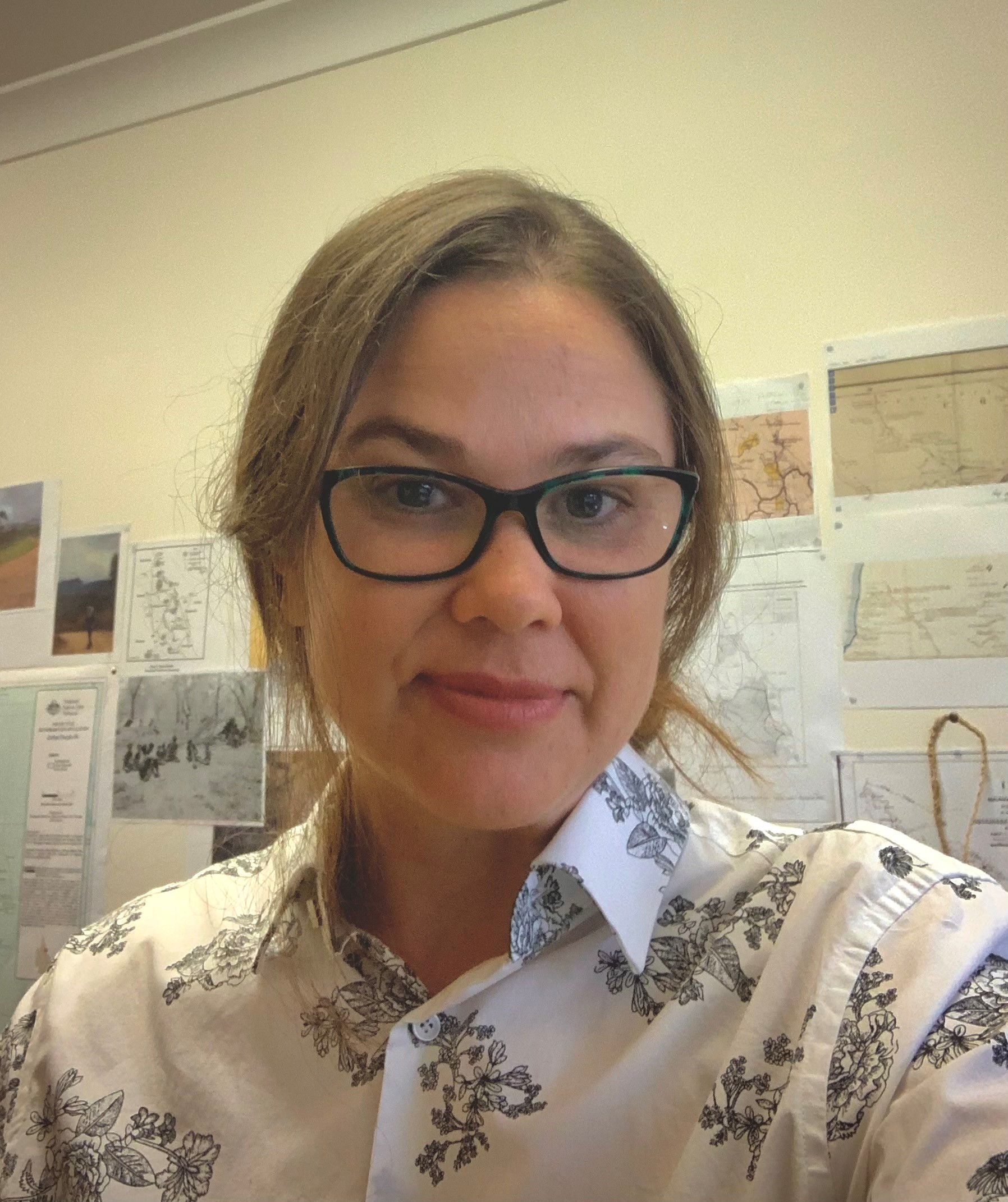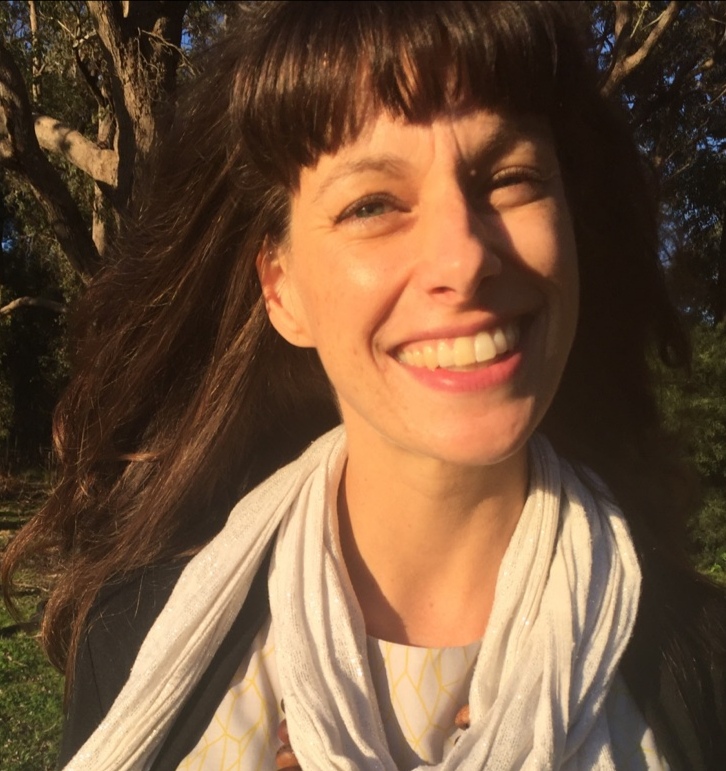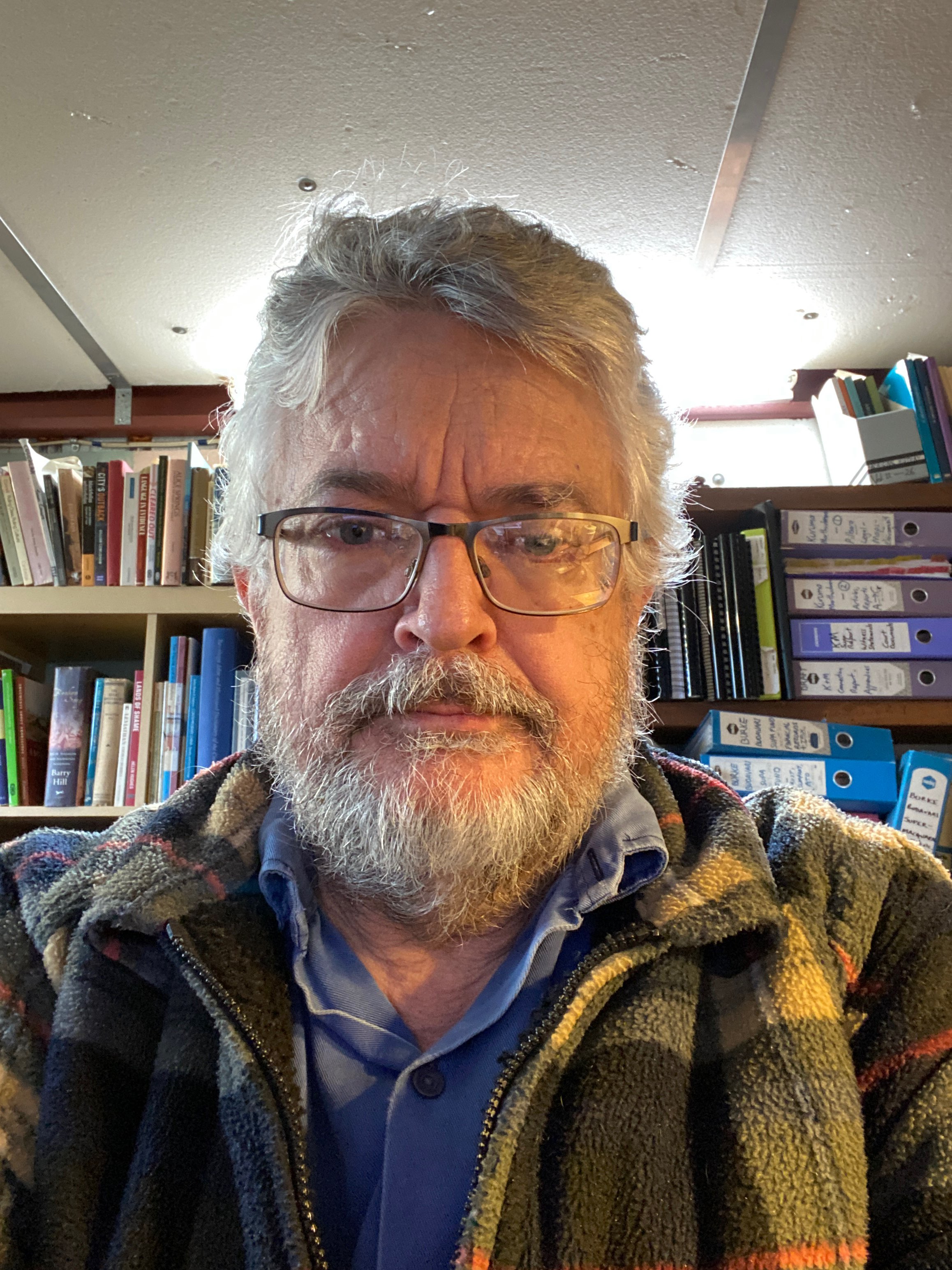Fundamental topics for Native Title anthropologists
CNTA is continuing to extend its online outreach by commissioning a set of podcasts, videocasts and articles which focus on core matters relevant to the roles of anthropologists in Native Title claims (and thus in certain Native Title compensation claims over lands not already the subject of a determination). The impetus for this arises in large part because anthropology graduates from Australian Universities no longer have any training in subjects specific to Native Title practice.
These podcasts and articles are thus designed to be of particular utility to anthropologists entering the Native Title arena, acting as a guide to key concepts and to the relevant literature. The first podcast focuses on classical Aboriginal local organisation, while the subsequent ones will focus on such matters as contemporary systems of local organisation and the processes through which they have arisen, anthropological methodologies in Native Title Research, and boundaries and overlaps.
Articles
Cultural expertise and Indigenous people in Australia
This important book chapter by Prof. David Trigger is in Cultural Expertise, Law, and Rights: A Comprehensive Guide, Ed. Livia Holden, Routledge: Oxfordshire, UK. 2023. It sets out the main typology of anthropological expert witnessing in Australia for Indigenous matters, including land claims and cultural defences against criminal prosecution; the ways anthropologists can realistically engage with cultural expertise in Indigenous matters; and the importance of independent investigations rather than advocacy.
Pod and video casts
We have moved three earlier podcasts into this section, the first being an account of the challenges, and ultimate failure, faced by David Martin the second an interview with Peter Sutton on such matters as ‘apical ancestors’ and ‘cognatic descent’, and the third a basic account of kinship and moieties in a video presentation by Nic Peterson.
Failure in the High Court: ‘culture’ and ‘agency’
A summary Powerpoint presentation by David Martin at the CNTA 2020 Annual Conference, The High Court Kobelt decision and the intersection between law and anthropology: ‘culture’ and ‘agency’ may also be of interest in relation to the issue of ‘cultural expertise’ discussed by David Trigger.
The podcast of David Martin’s presentation is below. It sketches out some of the challenges for anthropological expert opinions being accepted by the Court, demonstrated in a decision on an Aboriginal consumer protection matter ultimately brought before the High Court. His experiences outside Native Title in this and another Aboriginal consumer protection case suggest that an interpretation of ‘culture’ beyond the ‘traditional’ will be useful, even necessary. However, standard anthropological methodologies, including reasoning from the more particular to the general, or from the general to the particular, may be challenged in the Court or by Judges themselves, and Courts may pick and choose from elements of an anthropological account. It is all the more necessary to provide systematic, interlinked evidence, although my attempt to do so in the Kobelt matter appeares to have been largely unsuccessful.
#1 Classical Aboriginal local organisation
Prof Emeritus Nic Peterson in discussion with Pascale Taplin
Summary: Nic Peterson has a long and distinguished career as an anthropologist, with a particular focus on Aboriginal societies including in central Arnhem land and in central Australia. Pascale Taplin originally worked for a decade in Aboriginal land management, and has a further decade of experience as an anthropologist in Land Councils and Representative Bodies in the Northern Territory and Queensland.
In this first podcast, Pascale Taplin interviews Nic Peterson in an exploration of four key elements of classical Aboriginal local organisation – the land owning clans and their estates, and the land utilising bands and the ranges of those bands.
The accompaning paper by Nic Peterson, which can be downloaded from this site, includes a bibliography of key references relevant to Aboriginal local organisation.
#2 The religious bases of Aboriginal connections to country
Dr John Morton in conversation with Carmen Cummings
Summary: John Morton is an anthropologist who has worked with Aboriginal people across much of Australia, including in particular Arrernte people in Central Australia, and has lectured and researched at several Australian Universities. He is widely published on such matters as Aboriginal religion. He has considerable experience in land rights and native title matters. Carmen Cummings is an applied anthropologist with interests in psychological anthropology and the relationships between people and places. She has been conducting native title research in Western Australia since 2007.
In these two videocasts and podcasts, John Morton and Carmen Cummings in conversation explore the fundamentally religious basis of classical Aboriginal societies, including local organisation, the nature of descent groups, the nexus between Aboriginal people and their country, and the very meaning of life itself. These are of considerable significance to anthropologists’ roles in Native Title matters regarding the basis of the ‘laws and customs’ under which the Aboriginal people concerned have ‘connections’ to their country.
Videocast and Podcast Part I
Videocast and Podcast Part II
A PDF of the slides and the references drawn on can be downloaded from this site.
#3 The importance of ‘families of polity’ in Native Title research in ‘south-east’ Australia
Dr Paul Burke and Kim McCaul
Summary: Paul Burke and Kim McCaul are both anthropologists with experience in Native Title work in regions with long histories of impact from colonisation. In this videocast and podcast, They first turn to examining some of the impacts on Aboriginal societies across the south-east which pose challenges for meeting the requirements for establishing Native Title. These include in particular impacts on the nature of Aboriginal people’s connections to country, and on the laws and customs under which those connections arise. Central to their presentation is a consideration of the significance of what anthropologist Peter Sutton termed the ‘families of polity’ to Aboriginal people’s connections to country, and which Paul and Kim propose are key institutions through which distinctive Aboriginal ‘laws and customs’ relevant to connections to country are established and transmitted.
Videocast and Podcast
#4 Anthropological concepts and Native Title, and their intersection with Australian law
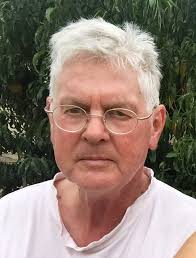
Peter Sutton in discussion with David Martin
Summary: Peter Sutton is a renowned anthropologist and linguist with extensive experience in Native Title claims as well as claims under Queensland’s Aboriginal Land Act and the Northern Territory Land Rights Act. His Native Title in Australia: an ethnographic perspective published in 2003 continues to be a must-go-to for anthropologists working in the Native Title arena.
In this podcast, which draws from his 2003 publication Native Title in Australia: an ethnographic perspective, Peter outlines in conversation with fellow anthropologist David Martin a number of concepts key to the insights and reasoning of anthropologists working in the Native Title arena. These include Peter’s concept of ‘core’ and ‘contingent’ rights and interests; implications of the transition in Aboriginal landed groups from (typically) patrilineal to cognatic descent in post-classical societies; mistakes commonly made regarding the concept of the ‘apical ancestors’ of contemporary landed groups; the differences between a cognatic stock (all the descendants of a given apical ancestor) and the contemporary landed group based on cognatic descent; and the crucial role of choice of their landed identity exercised by individual descendants of a given forebear in establishing a cognatic ‘family’ landed group drawn from that wider stock.
Contact details
Email: Peter.Sutton@samuseum.sa.gov.au
#5 Kinship and Genealogies
A video presentation by Nic Peterson
In an April 2020 virtual workshop for NTRBs based in Cairns, Nic Peterson provided a brief introduction to some basic features of Aboriginal kinship, focusing on the different ways in which people are classified: as relatives, by descent, and by moieties, as well as the difference between cross and parallel cousins. I look at what W. H. Rivers meant by the ‘Genealogical Method’ before talking about some practical issues in the taking of extended and brief genealogies. The talk ends with reference to the way that the large age difference at marriage between girls and their first husband in classical promise marriage systems. Such systems were operative in remote Australia until the 1970s, and greatly affected kinship, genealogy, and the social systems more generally.
Other CNTA Podcasts
Interview by Kim McCaul of historian Tom Gara
Using historical records in Native Title research
Summary: In this, CNTA’s last podcast for 2020, Kim McCaul Interviews historian Tom Gara. Tom has a long professional history of working directly with Aboriginal people in Western Australia, the Northern Territory and South Australia. However, over past decades his research has focused increasingly on native title claims in South Australia, beginning with De Rose Hill, and the breadth of historical resources relevant to such cases.
With tips from an expert, Tom mentions specialist websites such as First Source which covers documents from 1860-1917, before canvassing the scope of key institutional records – such as the Lutheran Archives, Trove, United Aboriginal Mission (UAM) correspondence and publications, and State Government Aboriginal Affairs records.
Given his familiarity with the Tindale materials, now housed in the South Australian Museum, researchers outside South Australia will find Tom’s description of the extent of the Tindale repository useful and interesting. Not only are all Tindale’s journals, maps and notes to field notebooks available, but there are films, and files outlining changes to his own notes and publications.
Tom discusses less obvious sources to mine for historical materials; e.g. pointing out that lists of named local sporting players in football and cricket teams often connect individuals with specific areas. Similarly, war records usefully detail the age and next of kin of the enlisted individual, and will include an accal societies.ompanying photograph. And never missing the opportunity to survey the shelves of local libraries in country towns and historic
Central Land Council – interviews with staff of the Community Development Unit
Bringing a Community Development approach to the utilisation of income flows from Aboriginal lands
Summary: CNTA’s brief, under its funding from the Attorney General Department, is to provide professional development to anthropologists working in the native title arena. One set of issues to which CNTA is giving attention is the role of anthropologists in the post-determination phase, and this is where the methodology and learnings of the CD Unit in working with groups and communities in managing income streams from their lands for wider benefit is of considerable potential interest to anthropologists. While, of course, many CD Unit staff are not anthropologists, there is much here for anthropologists to learn.
The work of the CD Unit offers an illustrative example of the intense, collaborative engagement that is necessary at this intersection of Aboriginal and wider value systems, where monies gained from activities on Aboriginal lands are invested into broader community benefit. For these reasons, there is much to learn which is relevant to the governance of compensation funds held in trust by Prescribed Bodies Corporate and other entities (such as those established under mining agreements with Aboriginal groups).
In this first of two podcasts on this topic, anthropologist David Martin (a member of the CDU Reference Group) interviews Ian Sweeney, the Unit’s Manager, and four of the Project Officers, Dave Howard, Cecilia Tucker, Dianna Newham, and Carl O’Sullivan.
This second podcast builds on the first, and involves a collaborative dialogue between David Martin and each of Cecilia Tucker, Carl Sullivan, Dave Howard, and Diana Newham, on ethical and political issues they all face as anthropologists working with Aboriginal groups on social change in a framework of self-determination.
Further information on the work of the Community Development Unit can be found on the Central Land Council’s website.
Preparation of Expert Reports – Kim McCaul interviews Ophelia Rubinich, John Morton & David Martin
Meeting the challenges of preparing Expert anthropological Reports in the Native Title arena
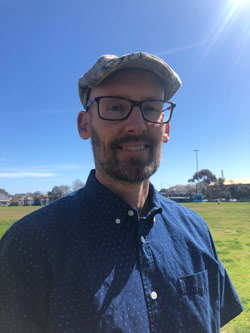
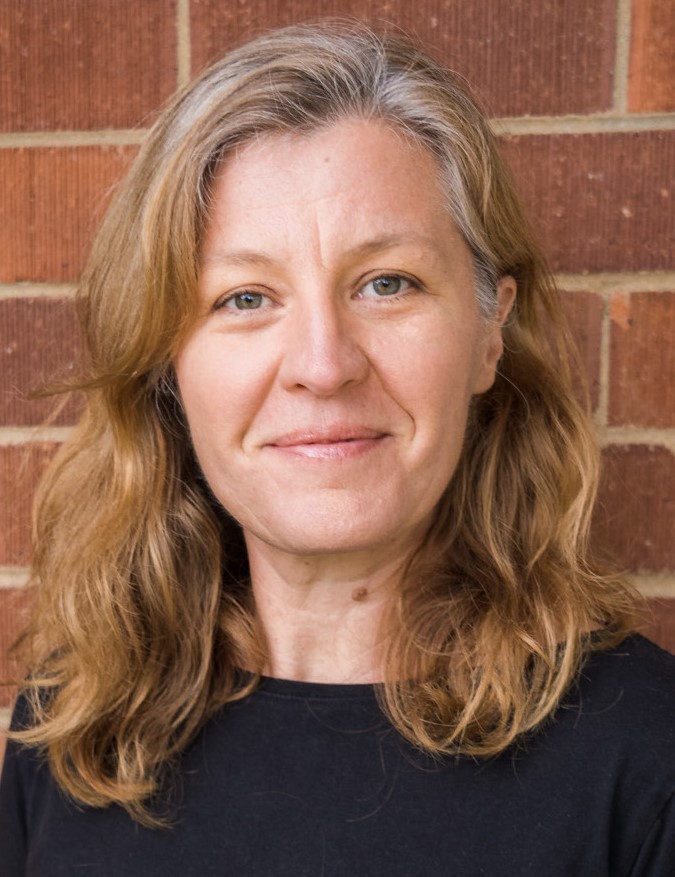
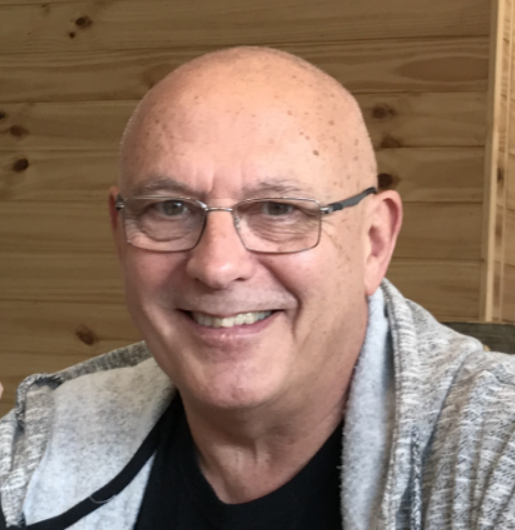
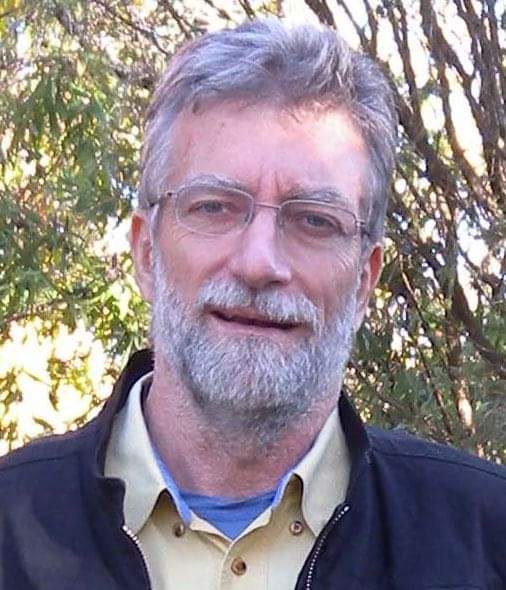
Summary: In this CNTA-commissioned podcast, Kim McCaul interviews other senior anthropologists Ophelia Rubinich, John Morton and David Martin about the pitfalls in preparing and writing Expert Reports for the Federal Court. Despite the requirement for anthropologists preparing Expert (and in general Connection) Reports to adhere to the obligations of the Federal Court for expert witnesses, there is still a failure amongst practitioners to fully do so. The anthropologists in this podcast outline these requirements, and strategies for preparing reports that address them. These include how to maintain our professional independence, not providing opinions on legal matters (such as whether the criteria for establishing Native Title have been met), clearly setting out both the ethnographic, historical and other materials upon which we base our opinions and the specifically anthropological process of reasoning by which we reach those opinions from those materials.
Kim McCaul interviews Federal Court Registrars: Expert Conferences
All you want to know about Federal Court experts’ conferences – and more!
Summary:In this CNTA-commissioned podcast, anthropologist Kim McCaul interviews Federal Court Registrars Ms Katie Stride and Ms Nicola Colbran about the mechanics of experts’ conferences on Native Title matters. The broad conversation ranges across issues of the nature and process of expert conferences, how to prepare for them, and what to expect as a participant. The Court’s expectations of the behaviour and the role of the expert is unpacked, including what is meant by propositions to put to the conference, the importance of being a ‘friend of the Court’ , and suggestions for how to effectively contribute to a successful conference. The concept of a ‘hot tub’ is also explained, together with the role of the Registrar.
Prof David Trigger and Robert Blowes SC – a Courtroom role play
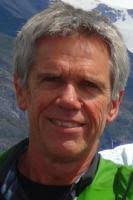
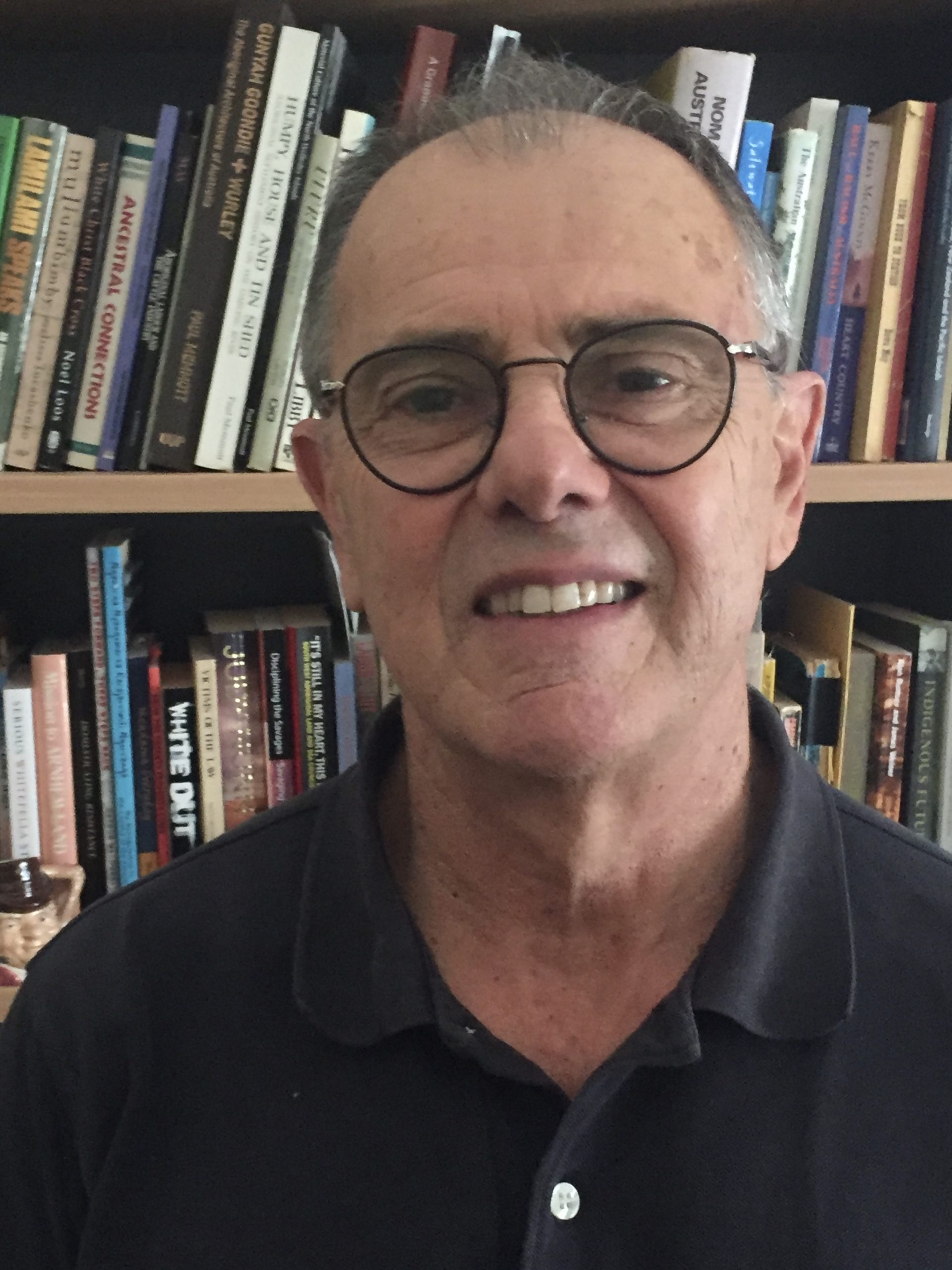 David Trigger works on the different meanings attributed to land and nature across diverse sectors of society and in different countries. . In Australian Aboriginal Studies, Professor Trigger has carried out more than 35 years of anthropological study on Indigenous systems of land tenure, including applied research on resource development negotiations and native title claims. Robert Blowes is a senior Canberra-based barrister with extensive experience in Native Title matters, including the original 1992 Wik High Court decision.
David Trigger works on the different meanings attributed to land and nature across diverse sectors of society and in different countries. . In Australian Aboriginal Studies, Professor Trigger has carried out more than 35 years of anthropological study on Indigenous systems of land tenure, including applied research on resource development negotiations and native title claims. Robert Blowes is a senior Canberra-based barrister with extensive experience in Native Title matters, including the original 1992 Wik High Court decision.
Handling sticky questions in Court
Summary: In this podcast, Robert Blowes and David Trigger use a modified form of role play in considering difficult questions in cross examination in a native title proceeding which go to such issues as the expert’s expertise or impartiality. An outline of the presentation notes can be downloaded from this site.
Peter Veth and Jo McDonald in conversation
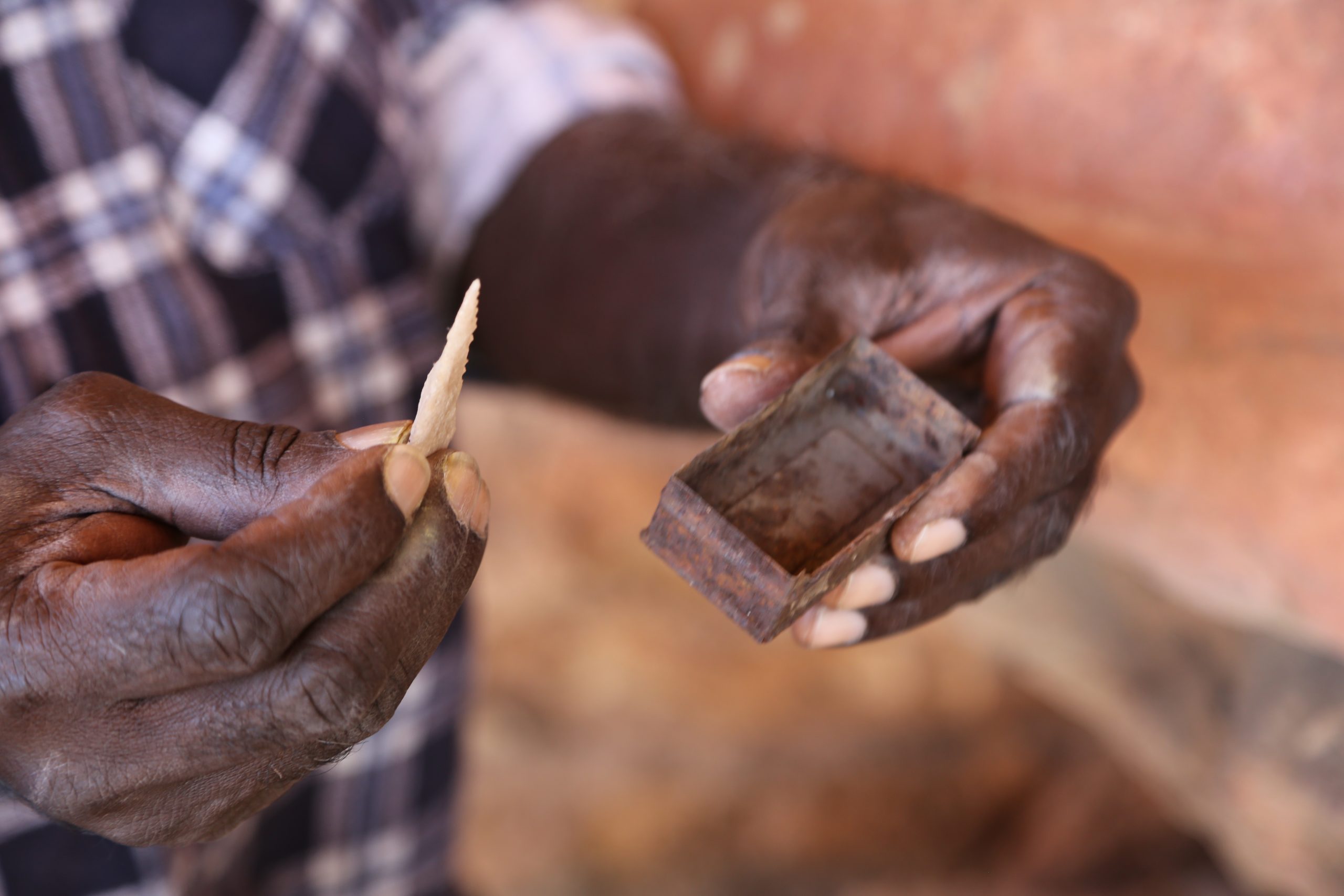 Peter Veth is a renowned Australian archaeologist with extensive experience in Native Title claims in Western Australia, NSW and South Australia. He has worked in the Academy, at AIATSIS and recently completed his tenure as Director of UWA’s Oceans Institute. Jo McDonald is currently the Director of the Centre for Rock Art Research + Management at UWA, after a long first career in cultural heritage management. She has been involved in native title claims in South Australia and Western Australia.
Peter Veth is a renowned Australian archaeologist with extensive experience in Native Title claims in Western Australia, NSW and South Australia. He has worked in the Academy, at AIATSIS and recently completed his tenure as Director of UWA’s Oceans Institute. Jo McDonald is currently the Director of the Centre for Rock Art Research + Management at UWA, after a long first career in cultural heritage management. She has been involved in native title claims in South Australia and Western Australia.
The role that archaeology and heritage can play in Native Title claims
Summary: The podcast is a conversation between two archaeologists who have worked on a number of Native title cases over the last 25 years or so. It discusses the disciplinary framework that archaeology can bring to native title cases. Both McDonald and Veth have published on this topic, and in this conversation they will draw on the various results and findings of the different cases that we have worked on, including de Rose Hill (SA), Ngarluma-Yinjabarndi (WA), Martu (WA) and Birriliburru (WA). They discuss continuity of tradition, referable use and how the diachronic focus of archaeology provides an appropriate lens to explore contemporary societies. Rock art as a lens for viewing change and contact, material culture (i.e. the introduction of glass into the formal tool categories) and the linking of tangible and intangible values are three unique ways that archaeology can contribute to successful native title claims.
Contact details
Emails: jo.mcdonald@uwa.edu.au and peter.veth@uwa.edu.au
Ophelia Rubinich

Ophelia is an anthropologist with over sixteen years of research experience working with urban, rural and remote Aboriginal communities. As a consultant, Ophelia provides expert anthropological advice for native title and related matters throughout Australia. She is currently a Research Fellow at AIATSIS.
Ophelia has presented papers for the Australian Anthropological Society and the Canadian Anthropology Society’s annual conferences. She has been a chair, presenter and facilitated various workshops with AIATSIS, Aurora, Yamatji Marlpa Aboriginal Corporation and the Centre for Native Title Anthropology.
We don’t really want to talk about it: Working as a woman and a consultant in native title
Summary: In this talk Ophelia outlines some of the issues facing consultant anthropologists, especially those who happen to be women, working in native title. She offers some space to the concerns that anthropologists and others don’t really want to publicly talk about. She opens up the conversation by discussing insecure work, rights in the workplace, personal and professional safety and the emotional toll of constantly standing up for ourselves.
Email: ophelia@ocrconsulting.com.au
For further information on such issues, see the Women in Native Title Anthropology project at Deakin University.
Tim Rowse
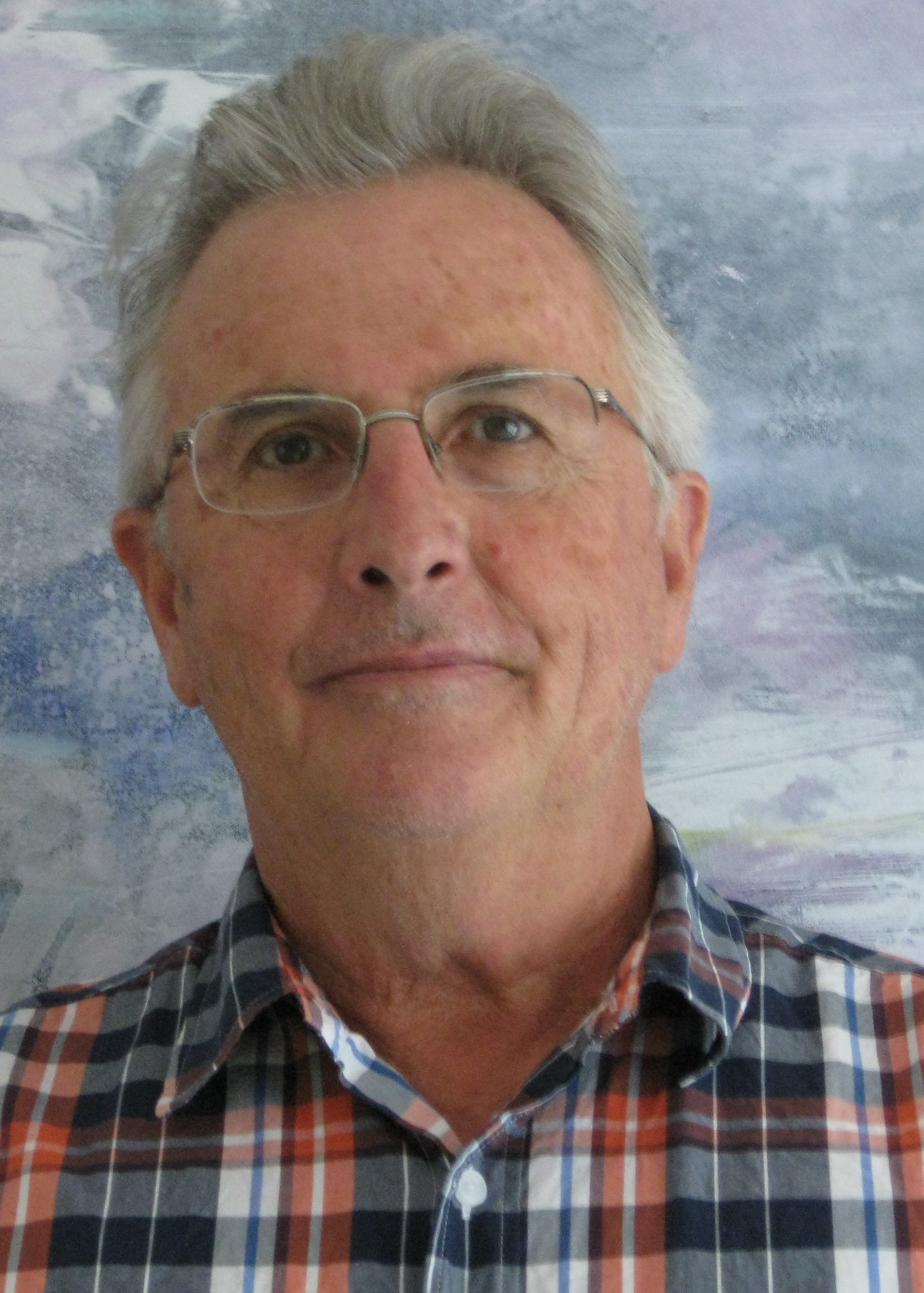
Indigenous and other Australians since 1901
Summary: In this podcast Tim Rowse presents a chapter by chapter summary of his book Indigenous and other Australians since 1901 (UNSW Press 2017).
(The book was shortlisted in 2018 for the Ernest Scott Prize and the Prime Minister’s prize for Australian history).
Kim McCaul
Kim is an anthropologist, linguist and certified mediator with 20 years of experience in the native title field. Most relevantly to this podcast he was joint arbitrator of an overlap dispute together with Justice John Mansfield and has contributed to other dispute resolution processes in various native title matters.
Arbitration in native title and the possible contribution of anthropologists
Summary: In this podcast I briefly outline the different forms of dispute resolution used to settle native title claims, including litigation and mediation before focusing on the emerging option of arbitration. I draw on interviews with distinguished legal practitioners as well as my own experience as an arbitrator to examine how arbitration differs from the other approaches, and identify the potential contribution anthropologists can make to that process.
Anthropology – Linguistics – Mediation

Contact details
Tel. 04370 63336
Email: kcmccaul@gmail.com
Disclaimer: The podcasts, other audio files, videos and related attachments on this website are publicly accessible to all. The Centre for Native Title Anthropology (CNTA) is funded under the Australian Government’s Attorney-General’s Department program for Native Title Anthropologists. In accordance with these contractual arrangements, intellectual property resides with the Australian National University. Accordingly, those podcasts and other audio and video materials and attachments which have been specifically commissioned by CNTA cannot be used for commercial purposes.




